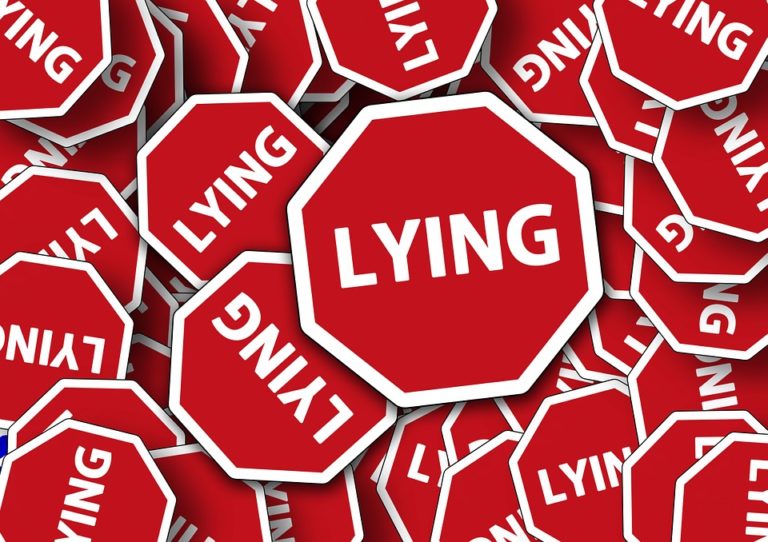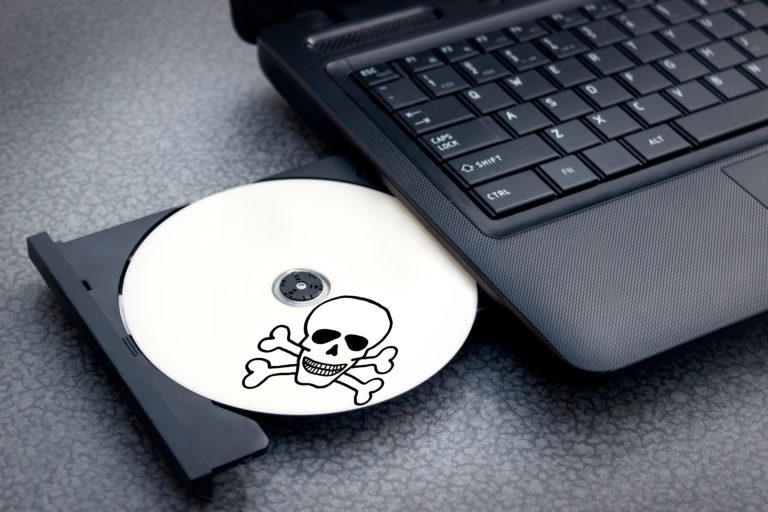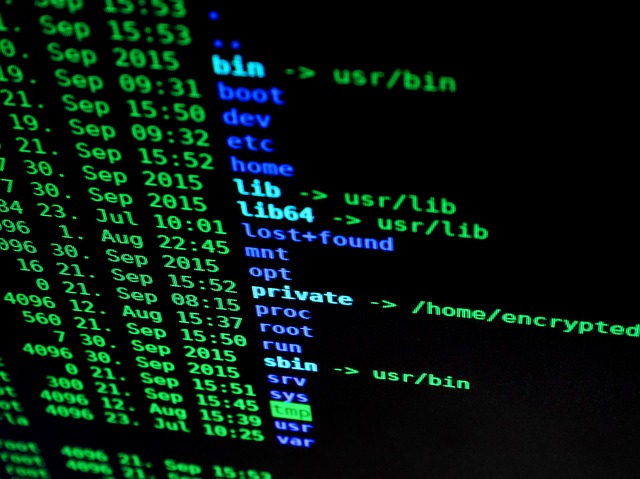4 Types of Fraud That Require the Help of a NY Computer Fraud Lawyer
In NY, cyber crimes, such as computer fraud or cyber extortion, all fall under a handful of criminal statutes in the NY Penal Law. This limited number of criminal offenses, which include unauthorized use of a computer, computer trespass, and computer tampering, actually cover an extensive number of criminal actions. These statutes cover nearly every criminal action or scheme that involves the use of a computer, computer, network, or computer system, and an NY computer fraud lawyer handles all of these cases.
A vast majority of the computer crimes in NY fall under the category of computer fraud. What actions could land you in front of a criminal court? These four scams and schemes are among the most common in the state.

#1: Phishing Scams and Similar Spam
Phishing scams are some of the most prolific types of computer fraud in the United States. In the past, most phishing scams were perpetuated and carried out over the phone, but with changes and advancements in technology, scammers turned to the internet and computer networks. An NY computer fraud lawyer now handles defense to accusations of phishing scams over social media, email, smartphone apps, and text messages.
A typical phishing scam begins with an email that comes from a business or individual but claims to be from a different, legitimate business. The email might appear to be from the victim’s bank or other trusted entity and tries to the lure the victim into providing sensitive, personal data. This data is then used to obtain a financial windfall or another unlawful benefit, either at the expense of the victim or another entity.
Defense to a phishing scam requires specific knowledge about computer networks, identity theft and fraud, and evolving internet capabilities. Many criminal lawyers in NY don’t have this knowledge, but these topics are familiar to an NY computer fraud lawyer.
#2: Malicious Software
Malicious software, or malware for short, is any software that is intentionally created to destroy or disrupt a computer, computer network, or computer system. The harm caused by malware varies. A computer infected with malware can incur all types of problems, including the destruction of files or data, destruction of an entire system, or information skimmed from the infected computer
Malware can be extremely difficult to detect. It may take an individual or company months, even years, to realize malware, such as a Trojan Horse or rootkits, is running on a particular network or device. The creator, sender, and installer of the software is more difficult to determine, with most malware including dense encryption. Further, the prosecution is required to prove a defended intentionally created the software for a malicious purpose – sometimes a huge feat in a computer fraud case.
An NY computer fraud lawyer understands the unique elements of a malware case and can help defend against charges for cyber terrorism, cyber warfare, and identity theft and fraud resulting from a suspected malware scheme.
#3: Identity Theft and Fraud
In NY law there is a specific statute that criminalizes identity theft and fraud. When the theft or fraudulent action is committed over a computer network or system, the acts can also be charged as a cybercrime. Whether you are charged under NY’s robust identity theft laws or with computer fraud, an NY computer fraud lawyer should take the case.
Defense to identity theft and fraud involving a network, system, or software require the same detailed familiarity with the technology as any other computer fraud. How the identity theft was supposedly carried out, how it was traced, how the prosecutor identified the defendant, and whether there are any cracks in this chain of information are all important questions that a criminal lawyer practicing cyber defense can answer.
#4: DDoS Attacks

DDoS, which stands for distributed denial of service, attacks is an explicit type of cyber terrorism or cyber warfare. A DDoS attack overwhelms a computer system or network in order to make it inoperable or disrupted. This result is achieved by hitting the computer or server with an intense amount of traffic.
Once a website or network is down or dismantled by this traffic, the entity behind the DDoS attack can take control of the system to steal personal data or other valuable information. Not all DDoS attacks lead to fraud, sometimes the very point of the DDoS attack is bringing down an online network, such as a website, to prevent a company from operating or profiting. A business could lose millions, even billions, because of a DDoS attack.
However, in all of these instances, the same NY computer fraud laws are levied against a defendant.
Hiring an NY Computer Fraud Lawyer
If you are facing charges of computer fraud, or another cybercrime in NY, you should hire an NY computer fraud lawyer for your case. There is no replacement for in-depth knowledge of current technology, today’s computer capabilities, and recent advancements. And there is no replacement for an understanding of how changes to technology can be used in court to prosecute or defend charges of computer fraud.
To speak with an experienced NY computer fraud lawyer, contact Koch Law at 844-562-4529.







